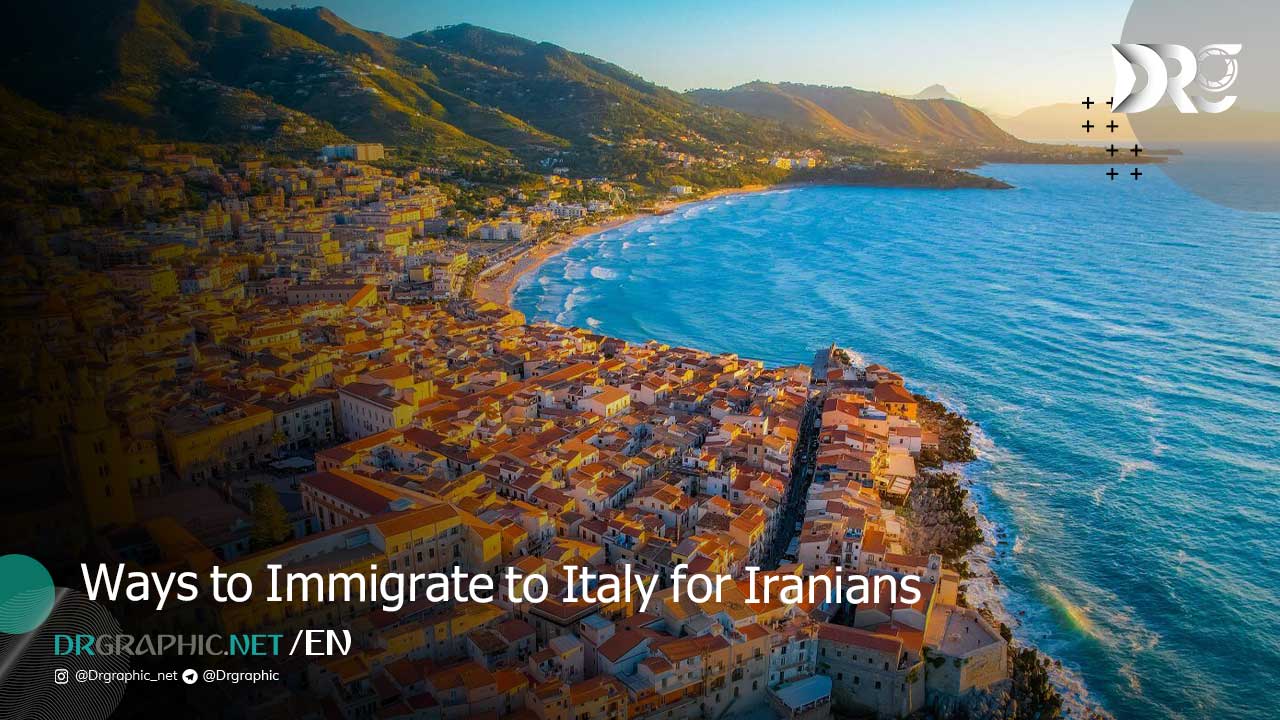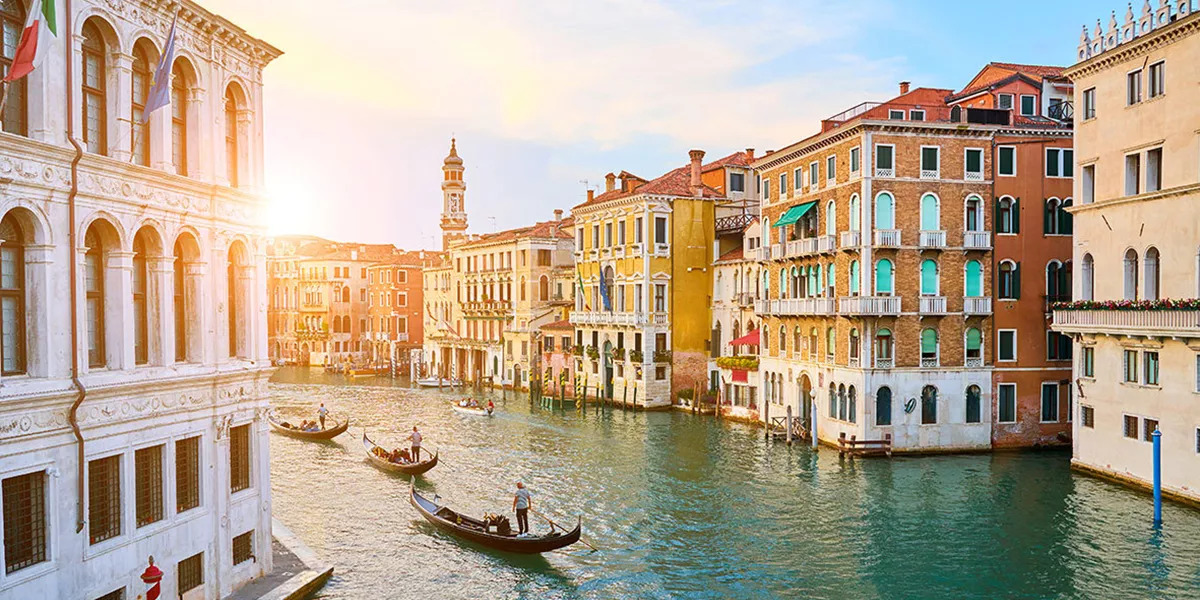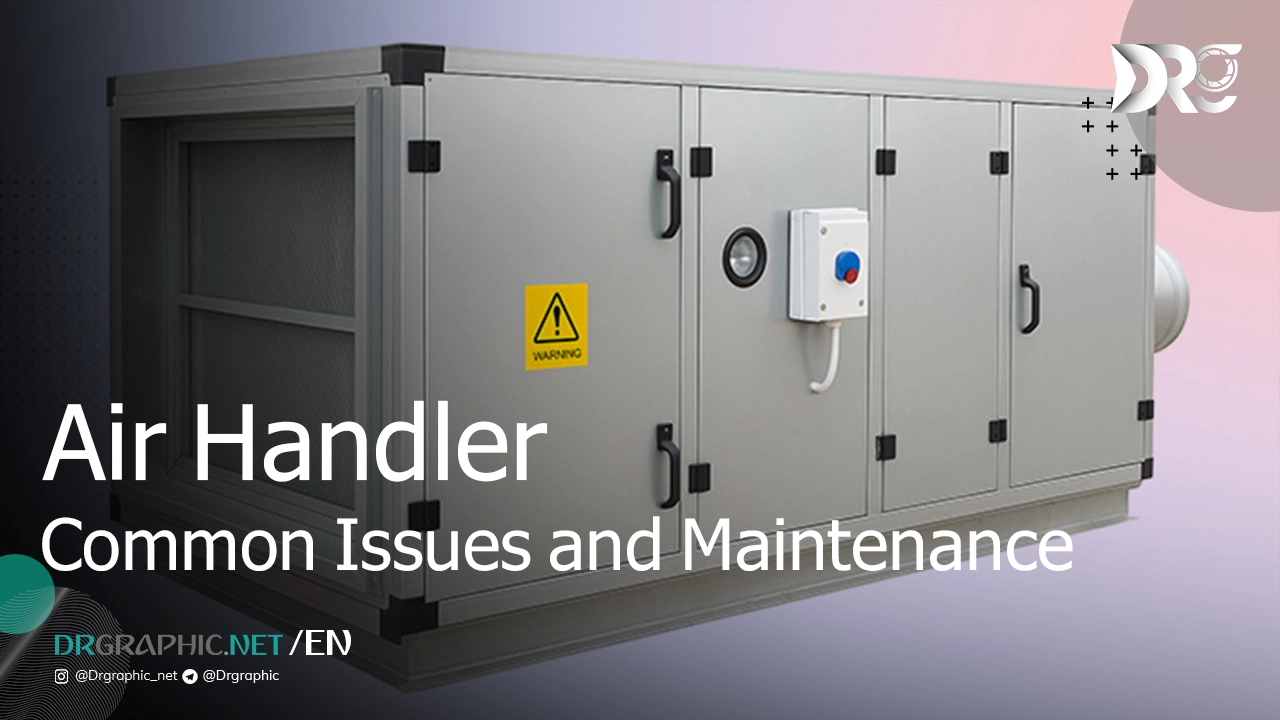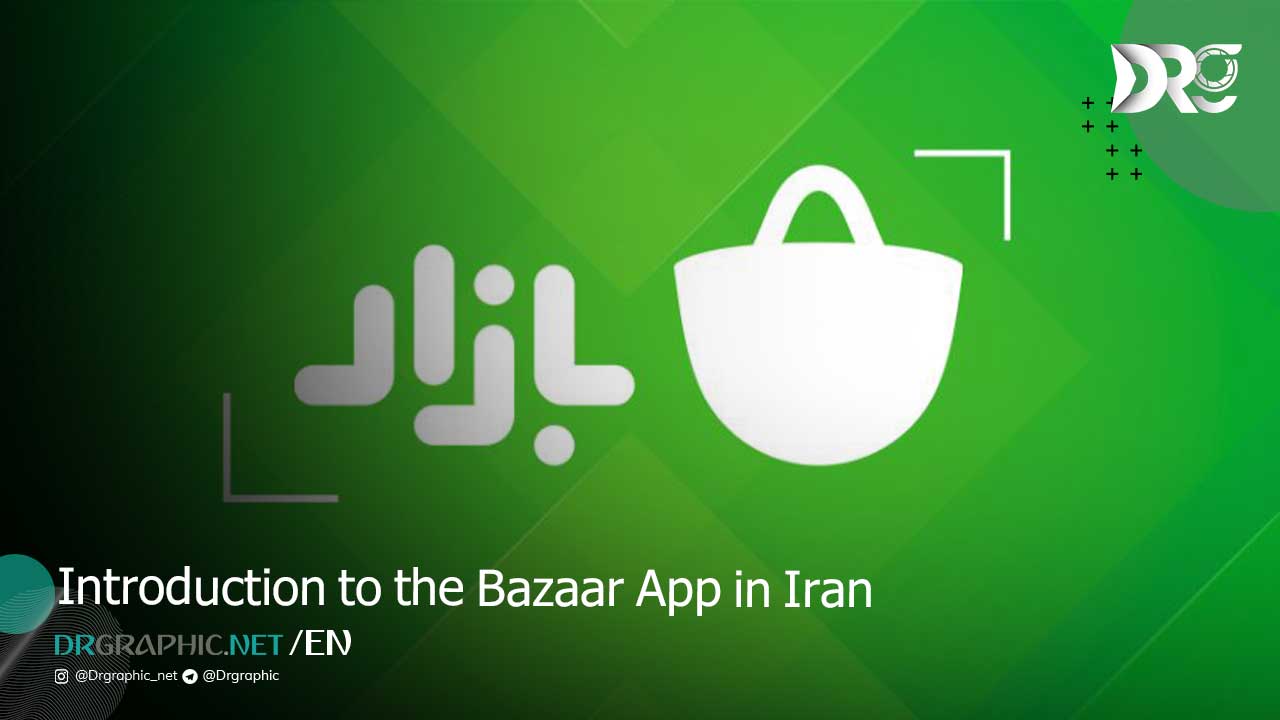Italy is known for its rich culture, history, and high quality of life, making it a desirable destination for many people around the world, including Iranians. Whether it’s for study, work, family, or even investment opportunities, Italy offers a variety of immigration routes. This article will explore the different ways Iranians can immigrate to Italy, the requirements for each option, and important considerations during the immigration process.
With its beautiful cities like Rome, Milan, and Florence, Italy attracts many individuals seeking a better future, career advancement, and personal growth. By understanding the different immigration pathways and the specific criteria for each, Iranians can make informed decisions about their relocation to Italy. Stay with Dr.Graphic to be updated.
Ways to Immigrate to Italy
1. Student Visa
One of the most common routes for Iranians looking to immigrate to Italy is through a student visa. Italy is home to some of Europe’s top universities, and many Iranians are drawn to study programs in fields such as engineering, art, business, and healthcare.
Requirements for Iranian Students:
- Admission to an accredited Italian university or educational institution.
- Proof of sufficient financial means to cover living expenses.
- Health insurance valid in Italy.
- A valid passport and visa application.
2. Work Visa
If you have a job offer from an Italian company or possess specialized skills in high-demand sectors, applying for a work visa can be an excellent option. The Italian government offers different types of work visas, such as the Blue Card, for skilled workers.
In-demand Professions in Italy:
- IT professionals and software developers.
- Engineers and technical experts.
- Healthcare professionals (doctors, nurses).
- Skilled tradespeople.
How to Apply for a Work Visa:
- Secure a job offer from an Italian employer.
- Have the employer submit a request to the Italian authorities for your work permit.
- Provide proof of qualifications and work experience.
3. Family Reunification
Iranians with close relatives (spouse, children, or parents) already residing in Italy may be eligible for family reunification. This process allows family members to join their relatives in Italy, provided that certain conditions are met.
Eligibility for Family Reunification:
- The sponsoring family member in Italy must be a legal resident or citizen.
- Proof of relationship (marriage certificate, birth certificates).
- Proof of financial stability to support the family member coming to Italy.
4. Investor Visa
For Iranians with significant financial resources, the Investor Visa offers a pathway to residency. This visa allows foreign nationals to invest in Italy’s economy, either through business or real estate investments.
Investment Requirements:
- A minimum investment amount (often starting from €500,000) in Italian companies or real estate.
- Investment in specific sectors such as technology, healthcare, or innovation.
- Proof of the investment and its purpose to contribute to Italy’s economy.
5. Golden Visa
Italy offers a Golden Visa for non-EU citizens, including Iranians, who wish to obtain residency through property investment. The Italian Golden Visa provides the opportunity for long-term residence in exchange for significant investments in the real estate market.
How Iranians Can Qualify:
- Purchase property worth at least €300,000 in specific regions of Italy.
- Provide evidence of financial means and intent to live in Italy.
6. Asylum and Refugee Status
Iranians who face persecution, war, or other forms of hardship may apply for asylum in Italy. The Italian government, in line with European Union regulations, offers protection to individuals in need.
The Asylum Process:
- Apply for asylum at an Italian embassy or upon arrival in Italy.
- Present evidence of persecution or fear of harm in your home country.
- Legal representation and assistance in the application process are often available.
Legal Requirements and Documentation
Regardless of the immigration route you choose, there are several legal requirements and documents you must prepare, including:
- A valid passport.
- Proof of financial means to support yourself or your family.
- Health insurance coverage for your stay in Italy.
- Any academic or professional qualifications, depending on the visa type.
- Language proficiency in Italian (required for some visa types, such as work and family reunification).
Challenges and Considerations
While immigration to Italy offers many opportunities, there are some challenges to consider:
- Language barrier: Knowledge of Italian is often necessary for work and social integration. Learning the language beforehand can make the process smoother.
- Long processing times: Depending on the visa type, the processing time for applications can be lengthy, so patience is required.
- Financial requirements: Proof of sufficient financial means is mandatory for most visa types. Ensure you have the necessary resources before applying.
Read more:
Conclusion
Immigrating to Italy offers numerous opportunities for Iranians, whether it’s for study, work, family, or investment. By choosing the right immigration path and understanding the necessary requirements, Iranians can successfully start a new chapter in their lives in one of Europe’s most culturally rich and welcoming countries.
Italy’s immigration policies are relatively accessible for those who meet the criteria, making it an attractive option for those looking for a fresh start in Europe.
Resources: Wikipedia
How useful was this post?
Click on a star to rate it!
Average rating 5 / 5. Vote count: 1
No votes so far! Be the first to rate this post.









